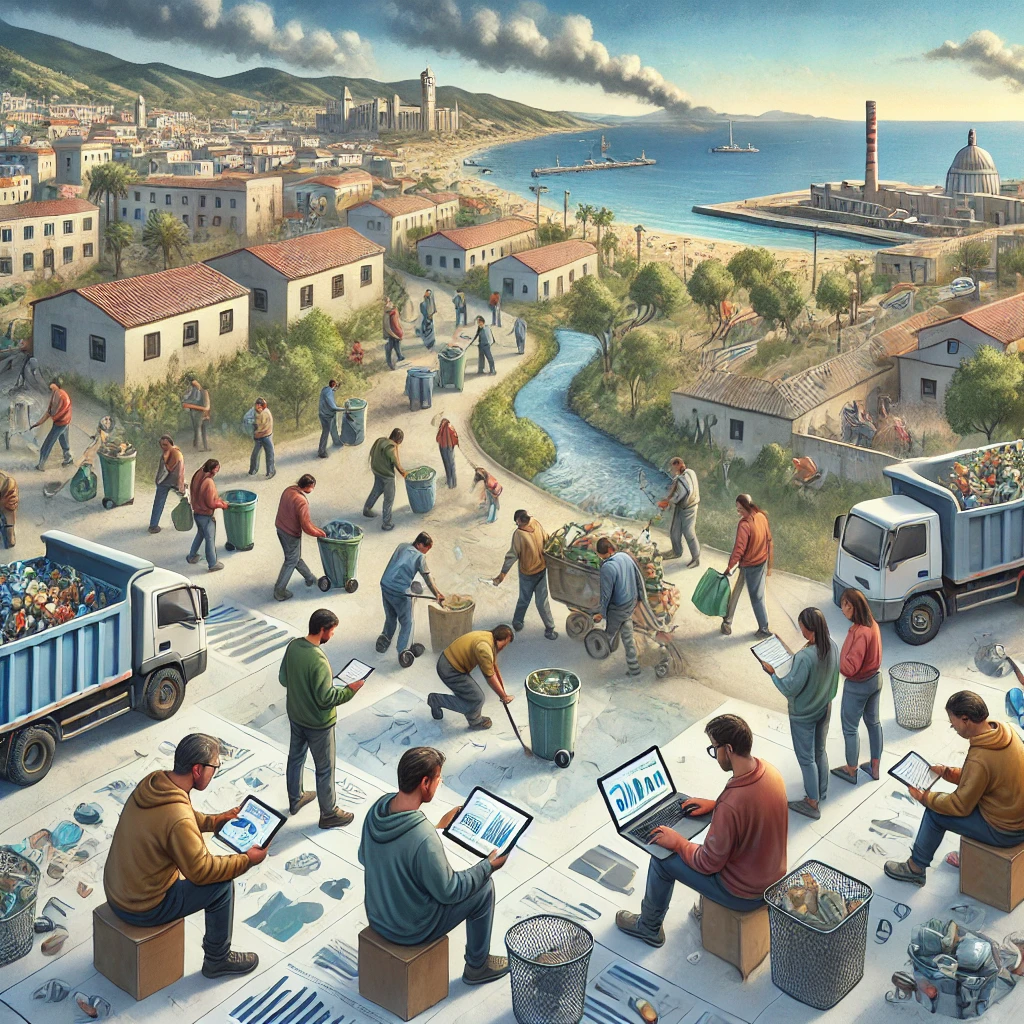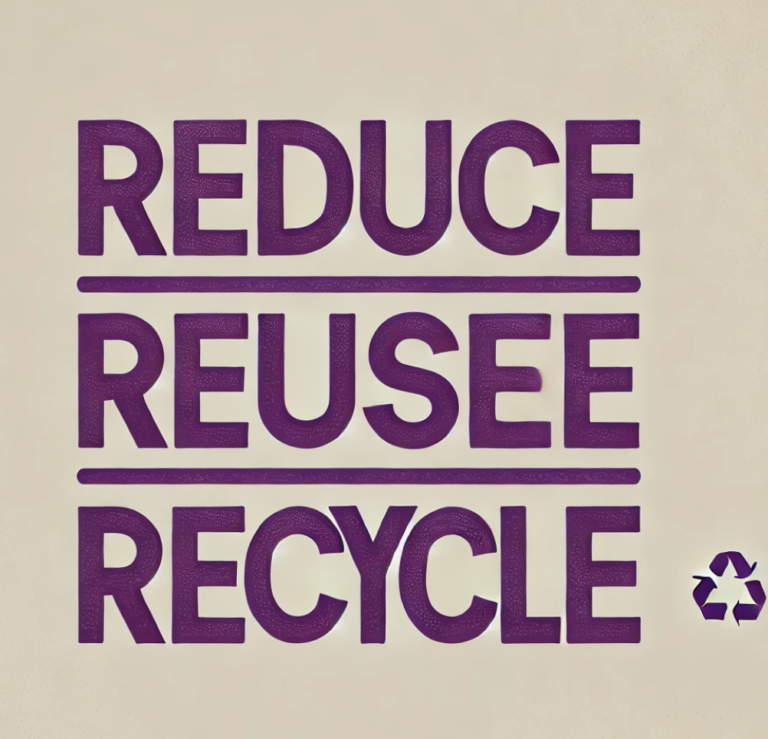Abstract
This article examines the critical role that migrants play in waste collection and management in Catalonia. By analyzing qualitative and quantitative data, we explore the contributions of migrant workers to the sustainability and efficiency of waste management systems, their socio-economic impact, and the challenges they face within this essential sector. Our research emphasizes the need for inclusive policies and practices that recognize and support these workers, who are pivotal to maintaining the region’s environmental standards.
Introduction
Catalonia’s waste management system is an intricate network that relies on the coordinated efforts of multiple stakeholders. Among these, migrant workers have emerged as a vital force, particularly in urban areas such as Barcelona, where the demands for waste collection are high. Traditionally, the role of waste collectors has been marginalized; however, recent research indicates that migrants are not only filling labor shortages but are also contributing to innovative recycling practices and improved service delivery. This article aims to shed light on the multifaceted contributions of migrants in this field, drawing on empirical data, interviews, and case studies.
Background and Context
In recent decades, migration has reshaped the labor market in Catalonia. With many local residents moving towards more service-oriented or industrial roles, migrants have increasingly taken on positions in waste management—a sector essential for public health and environmental sustainability. These workers are often employed in both formal and informal capacities, engaging in tasks ranging from street cleaning and waste sorting to operating advanced recycling facilities.
Research highlights several key factors that have driven the reliance on migrant labor:
- Labor Shortages: As the native workforce declines in sectors perceived as low-status or labor-intensive, migrants fill the gap, ensuring continuity in essential services.
- Economic Necessity: Many migrants seek employment in waste collection due to limited opportunities in other sectors, despite the often challenging working conditions.
- Skill Development: While the job is physically demanding, it also provides opportunities for migrants to acquire new skills in recycling technologies, waste segregation, and environmental safety protocols.
Methodology
Our research methodology involved a mixed-methods approach:
- Quantitative Data Collection: Surveys were conducted among waste collection agencies and municipal offices to gather statistics on employment trends and the proportion of migrant workers in the sector.
- Qualitative Interviews: In-depth interviews with migrant waste collectors provided insights into personal experiences, work conditions, and perceived barriers to advancement.
- Case Studies: Specific initiatives that have integrated migrant workers into formal waste management projects were analyzed to understand best practices and policy implications.
Findings and Discussion
- Contributions to Waste Management Efficiency
Migrant workers have been instrumental in enhancing the operational efficiency of waste collection in Catalonia. Their participation has led to:- Increased frequency and thoroughness in waste collection.
- Improved segregation of recyclables, which supports Catalonia’s broader sustainability goals.
- Innovative practices in recycling and resource recovery, often learned from experiences in their countries of origin.
- Socio-Economic Impact
The involvement of migrants in waste collection has significant socio-economic implications:- Economic Integration: Employment in this sector has provided a pathway for economic integration, enabling migrants to support their families and contribute to the local economy.
- Community Building: Despite facing social stigmas, many migrants have formed supportive networks within their communities, fostering solidarity and mutual assistance.
- Skill Acquisition: Workers are gaining specialized skills that not only improve their employability within the waste management industry but also open opportunities for upward mobility in related sectors.
- Challenges and Barriers
Despite their critical role, migrant waste collectors face numerous challenges:- Working Conditions: Many are employed under precarious conditions with limited job security and inadequate protective measures.
- Social Stigma: Negative perceptions of waste collection work persist, often leading to discrimination and marginalization.
- Policy Gaps: Inadequate labor protections and the lack of formal recognition in some cases mean that migrant workers do not always benefit from the same rights as other employees.
- Policy Recommendations
To fully leverage the contributions of migrant workers and ensure their well-being, the following measures are recommended:- Enhance Labor Protections: Implement stricter regulatory standards to safeguard the rights and health of migrant waste collectors.
- Promote Inclusive Practices: Develop community outreach programs to reduce social stigma and encourage greater recognition of the essential role of waste management workers.
- Invest in Training Programs: Provide targeted training initiatives that enhance technical skills and promote career advancement within the environmental sector.
Conclusion
Migrant workers are indispensable to the waste management framework in Catalonia. Their contributions not only help maintain environmental hygiene but also support the region’s transition toward sustainable development. Recognizing their efforts and addressing the challenges they face is crucial for building a more inclusive, efficient, and resilient waste management system. Future research should continue to monitor the evolving dynamics of this workforce and the impact of policy reforms aimed at supporting migrant integration in the environmental sector.




